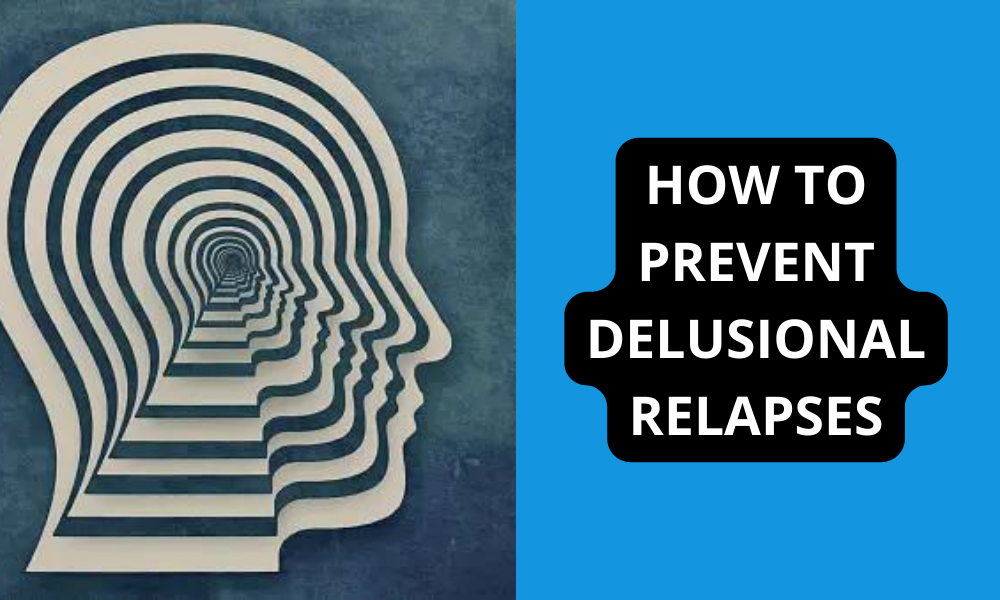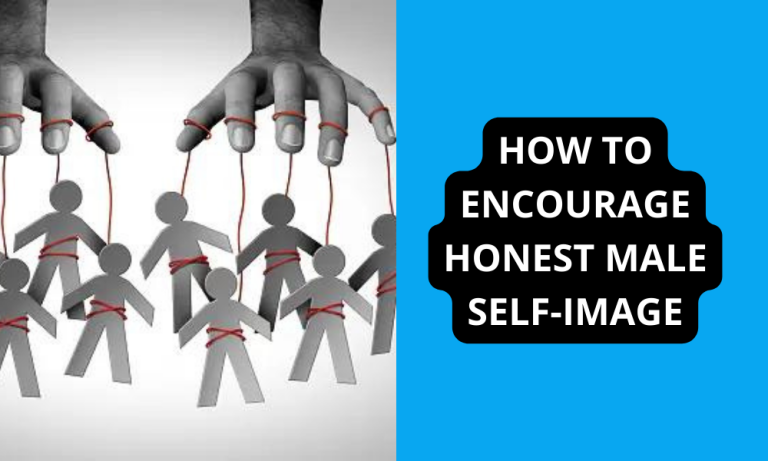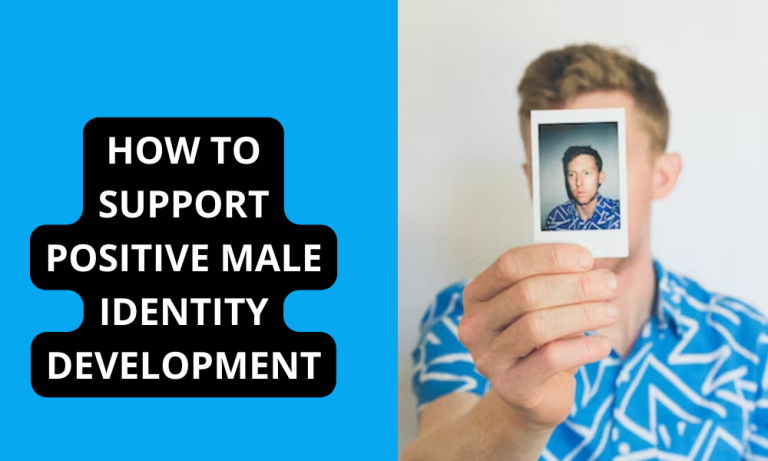How to Prevent Delusional Relapses?

As someone who has dealt with delusional episodes in the past, I know firsthand how crucial it is to avoid relapsing into delusions. Living with delusions can seriously impact your well-being and your relationships with others. While delusional episodes cannot always be entirely prevented, there are proactive steps you can take to significantly reduce your risk of experiencing another psychotic break.
Tips To Prevent Delusional Relapses
By following below tips, one can pevent delusional relapses:
Understand the Triggers
The first step is understanding what triggers tend to lead to your delusional episodes. Common triggers include lack of sleep, drug or alcohol abuse, high stress levels, and social isolation. Pay attention to your thoughts, moods, and behaviors in the days and weeks before a past delusional episode. Are there any patterns? Talk to family and clinicians about their observations as well. Pinpointing your personal triggers allows you to make a targeted plan to minimize exposure to those risk factors.
Stick to a Routine
Our mood and thought patterns are highly influenced by routines and consistency. When our routines break down, it disrupts our mental equilibrium and leaves us vulnerable. So make a point of sticking to healthy routines each day such as getting enough quality sleep, eating regular meals, exercising, socializing, and minimizing screen time before bed. Routine anchors our well-being and prevents lapses that could trigger a delusional relapse.
Challenge Unhelpful Thoughts
During delusional episodes, our thoughts take on a illogical, conspiratorial bent. So when you notice signs of strange or paranoid thinking emerging, it’s time to challenge those thoughts. Ask yourself – what evidence do I have to support this belief? Is there another way to interpret this situation that is more grounded? Am I feeling stressed or not taking care of myself in other ways? Shifting your thinking in this way can help disrupt the trajectory toward full-blown delusions.
Stay Socially Connected
Social isolation not only fuels delusional thoughts but prevents reality checks from others. Aim to spend quality time with trusted family and friends on a regular basis. Make these interactions meaningful by really listening to others and sharing how you are doing emotionally. Peer support groups can also help combat loneliness while connecting you with others facing similar challenges. Staying plugged into your social circles makes relapse less likely.
Monitor Your Stress Levels
When under duress, our emotions and thoughts become distorted more easily. Prolonged stress is also profoundly unhealthy for mental well-being. That’s why it’s vital to find productive ways to manage and lower your stress levels. Make self-care a priority through relaxing activities, deep breathing, meditation, journaling thoughts and feelings, or seeing a therapist. You can also consider stress management apps and programs. By keeping stress in its proper domain, you reduce susceptibility to delusional thinking.

Follow Your Treatment Plan
If delusional thinking has persisted in the past, it’s likely you have an ongoing condition such as schizoaffective disorder or schizophrenia. Never discontinue or alter your treatment plan without consulting your doctor first. This includes medications, psychotherapy, lifestyle modifications, and crisis plans – staying adherent and engaged in treatment maximizes your chances of stability. Treatment works best as a coordinated effort between you and mental healthcare professionals, so maintain open communication with your treatment team.
Be Aware of Early Warning Signs
With time and experience, you’ll recognize the subtle warning signs that tend to precede your delusional episodes. Perhaps you feel restless or unusually happy/angry for no explainable reason. You might withdraw socially or have strange somatic sensations. Pay close attention to these early signs – they’re your body giving you a heads up that your mental state could tilt in an unhelpful direction if left unchecked. When you notice warnings, immediately reach out to your support system for extra check-ins, socializing or self-care boosts to stabilize your mood. Catching things early makes relapse far less likely to spiral out of control.
Don’t Isolate When Unwell
When you first notice irregular thoughts creeping back in, resist the urge to isolate or withdraw from loved ones. Delusional episodes tend to worsen when left unmonitored in solitude. Instead, be upfront with someone you trust about how you’re feeling so they can keep an eye on your condition and encourage you to stay grounded. Having people in your corner who recognize the signs is invaluable for preventing a worst case scenario. The alternative – going it alone when starting to feel unwell mentally – simply increases the risk of deterioration. Reach out instead of retreating within.
Frequently Asked Questions
What should I do in a crisis situation?
Contact your treatment provider immediately if unstable feelings intensify rather than easing. They may recommend increased medications, adjusting your treatment plan, or even hospitalization for stabilization if safety becomes a concern. You should also call 911 or emergency services if you feel at imminent risk of harming yourself or others. During crises, minimizing excess stimulation through rest helps calm things down faster too.
How do I explain delusions to loved ones?
Be open yet patient with family and friends. Explain that during episodes, you may perceive situations incorrectly due to your illness but don’t actually believe deep down that delusions are real. Reassure them this condition is treatable. Provide education materials too so they understand delusions are involuntary, not caused by weakness or substance abuse. With knowledge and teamwork, relationships can withstand mental ups and downs.
When should I consider hospitalization?
Inpatient treatment is advisable when safety is a major concern due to escalating psychotic/paranoid symptoms, attempts to harm yourself, severe impairment preventing self-care, or non-compliance putting health at risk. Refusal to eat, lack of sleep for days, dangerously impaired judgment despite interventions, or delirium/confusion are also signs more intensive care may benefit recovery and prevent a dire outcome. However, don’t be afraid to utilize hospitalization proactively if needed – it exists to help, not punish.
Conclusion
While delusional episodes can seem daunting, by no means are they a life sentence if properly addressed. Through conscientious self-care, open communication, treatment adherence, and harnessing your strong support circle, relapse is very manageable. Small adjustments make a huge difference – catch worrying signs early, challenge unhelpful notions, maintain routines, minimize triggers, reduce stress levels, and ask for backup when anxiety rises.
With dedication to your mental fitness combined with readily available medical intervention should you need it, stable wellness and joyful days ahead are eminently achievable. You’ve got the power within you to keep delusions at bay – I have faith in your ability to stay well.






